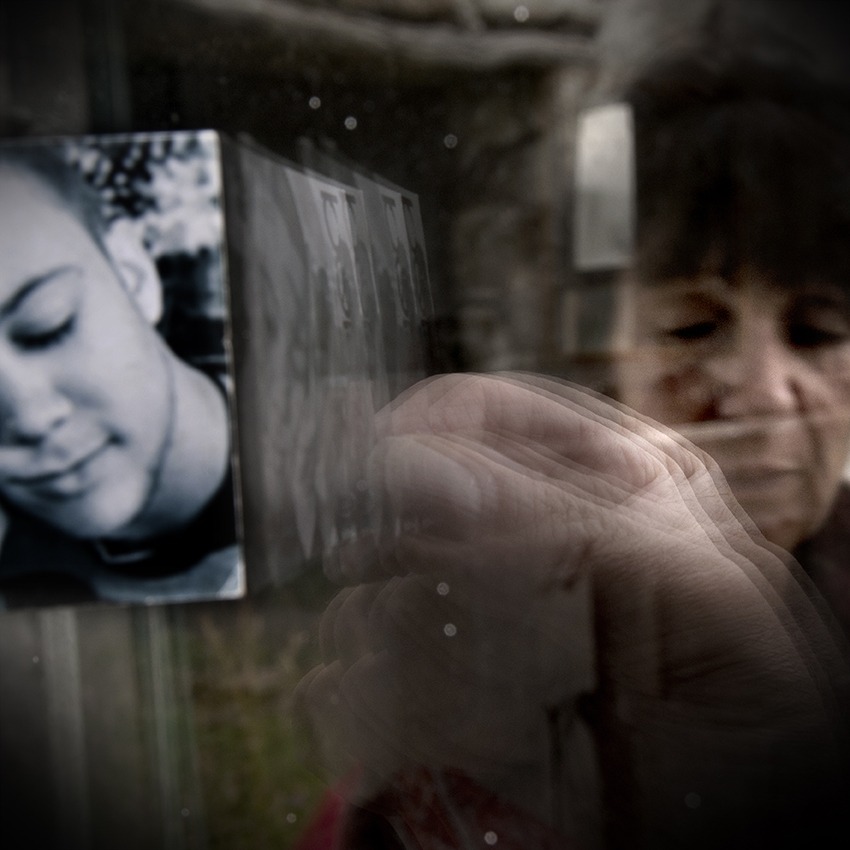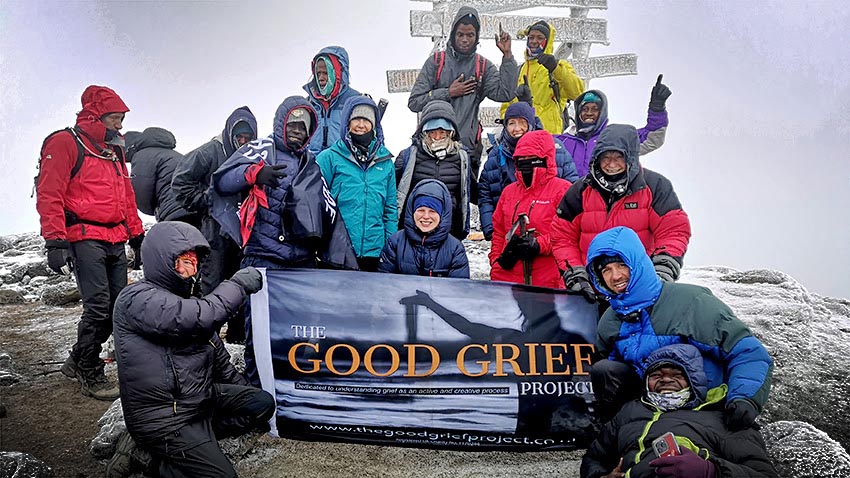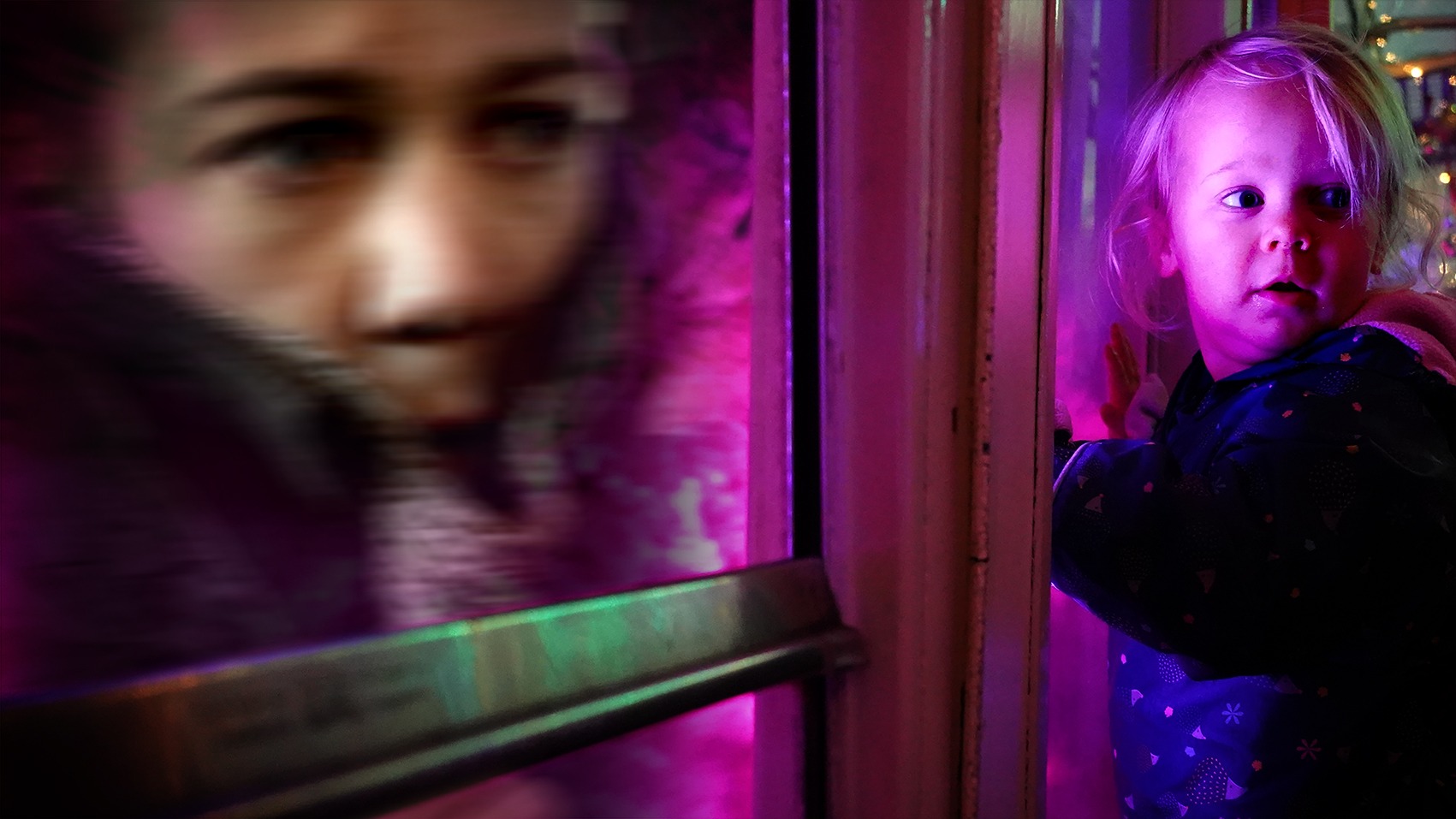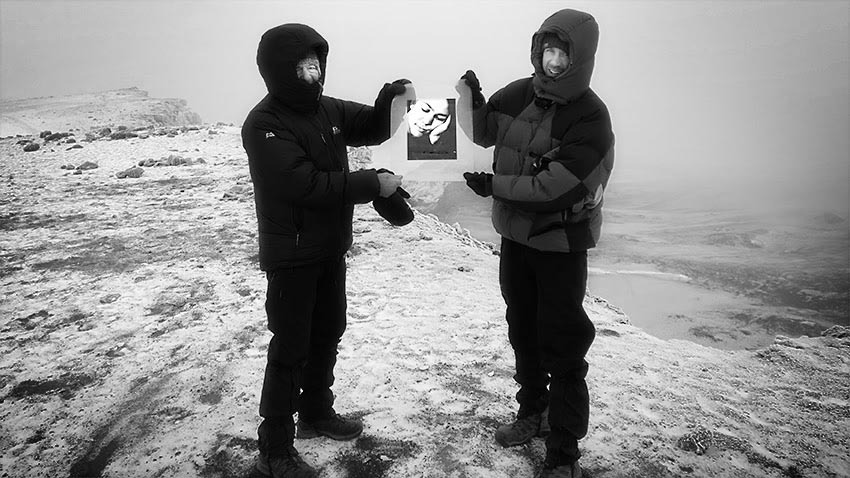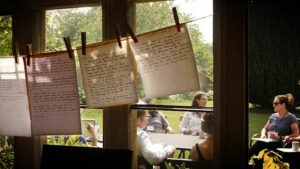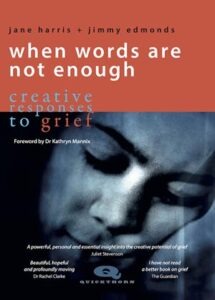Grief Actually – yes grief actually is love actually! And here’s a short video we made following our first ACTIVE GRIEF WEEKEND Retreat last May. The weekend was so successful and we now have two more planned, the first from 16ht to 18th November again at Charney Manor and the second at Manifold Farm in the Peak District from 29th to 31st March next year.
ACTIVE GRIEF WEEKEND download your registration form here
If this is something you’d like to take part in but aren’t quite sure about – perhaps the following article will help to explain how we came to the idea that grief can be active, creative and good …

What is a good grief? How can grief in any sense be good? Grief is painful, emotionally draining, often bourn in isolation, and really, really hard work. Missing the one you love is a torment, but having to wake every day to the knowledge that she or he no longer has a life to live, that they have ceased to exist, is a horror beyond all measure, especially if that person is a child of yours. So how on earth can there be anything good about grief?
In the seven years since our son Josh died we have worked our way through an extraordinary amount of differing moods and mindsets, so many up and downs, so many tidal waves of grief, so many questions – questions, questions and more questions – that we have had to totally reassess our own lives in order to make any sense of his death.
And we have now discovered a life that we never knew existed. A life that is now more precious, a life that now has much more attention on how to be and how to love. It’s a life that we now call “our grief” and it’s a life that we now embrace with all the feelings and emotions that come with grief – the sadness, the deep sense of longing and emptiness but also joy and hope, a new found togetherness with family and friends and a nascent curiosity about the unfolding drama that is our lives without Josh.

For ours is not a passive grief – in fact it has been active from the very start. As we have found out, grief is about doing. It’s not about hiding away in a darkened room, although there have been moments when that was all that seemed possible. No – it’s more about doing things and making things anew – it’s about planted a tree for Josh, it’s about creating a funeral that was memorable, it’s about making a film about that funeral, it’s about writing, making photographs and compiling them into a book, it’s about having a website that his friends can send postcards to, its about small things and big things, everyday things like typing his name each time I turn on my computer, and not such everyday things like plans to swim long distances in very cold water.

As much as it is about doing it is also about ‘being’, of living in a new world, in a new family and in a new ‘us’. Sometimes I hate that world, sometimes I hate the new ‘me’, but in the end I know that there’s nothing I can do to change it. So grief is also about accepting what our hearts and minds initially refused to acknowledge, and gradually, oh so gradually, making the change deep down inside, right in the core of our being that will lead us to the universal acceptance that death is after all just a part of life. Strange, but before grief, that’s not something we would have spent too much time thinking about so it takes a while to see that Josh’s death, while extraordinarily painful for those who knew and loved him, is no more than one event in the continuum of human existence. I remember fearing the moment when Josh’s death would become commonplace as he took his place in the shared anonymity of all the world’s dead. That fear has now receded somewhat, particularly as we have come to meet other bereaved parents, heard their stories and witnessed their grief.

Grief is intense and for this reason provides a unique and wonderful opportunity to all kinds of creativity. The world has much to learn (has always learnt) from those who grieve and from the art they produce. You could say that the best art is created from pain and anguish or at least as a result of the basic human desire to make sense of the incomprehensible – Picasso’s “Guernica”, Millais’ “Orphelia”, Munch’s ‘Scream’ – all testaments to and all the result of huge personal suffering as well as the social impact of trauma and loss. They are all journeys into the unknown and as a result have much to reveal. And because it is more often than not unchartered territory, our grief is almost by definition a creative process. (Not one I should say, that is confined to the world of artists and writers – for we can all be artists.) It has opened up feelings, and combinations of feelings that are new often contradictory, and strange – and we need to find a way to express them, to assert them and have them heard or seen by others. Oft times we will rely on established and culturally accepted metaphors and symbols to talk about our loss – to make sense of the world again.

But we will also look to imprint our own personal take on the enterprise. Traditional imagery whether religious or secular may not be the best fit as an expression for ‘our’ grief – for what is after all a very personal relationship with the person who is now no longer here – so we may also want to construct them in ways that are ours and ours alone. As many have noted, grief is the form love takes when someone dies – we do not stop loving in the absence of their physical presence. Just as that love is both universal and unique, so grief is intensely personal with a pain that can be known only to us, and at the same time universal and recognisable by the society that could and should support us. As we mourn their death, as we engage with the brokenness of our lives, we are also trying to figure out just what that relationship now is both on a personal level as well as in the social realm.

Part of my own process has been just that. An attempt to reconfigure my life and my photographs in ways that help me position myself, my new self, within a social order that I now can see has pain and suffering, trauma and loss, as inevitable, even elemental constituents of its life force. This helps me to know that the chaos and insecurity, leading to a profound lack of trust in the world, was always there, not some temporary lapse at the moment of Josh’s death.

What I am looking to do is to find the right language for grief, to share it in ways others can understand and appreciate, but also to produce something new, something that is specific to my grief, to my relationship with Josh. There is a tension here between the personal/private and the public/universal expression of grief that I find particularly interesting. How to explore difficult and painful feelings in ways that others can recognise, yet hold on to them lest they become less mine, less intimate, less loving towards my son. A medium like photography can help – a medium without words, with a visual language that is more fluid and while understood by all can be interpreted in a variety of different ways.



Dark is heavy and sad, light is happy and, well – light. Colours and textures can be invoked. Alice Walker wrote ‘now I understand that grief, emotional speaking, is the same as gold…’ A broken vase can mean a broken relationship. A feather struck on the branch of a tree may remind us of something left behind from a life continuing to live on elsewhere.

And if we share our grief in this way, creating something new and beautiful from what feels horribly inimitable and peerless but which is in reality a common experience, we have shared a very important insight about the human condition.

Thanks for reading
Jimmy (October 2018)
Our Active Grief Weekends have sessions in Creative Writing, Mindfulness and Physical Exercise in addition to the photography workshops.

